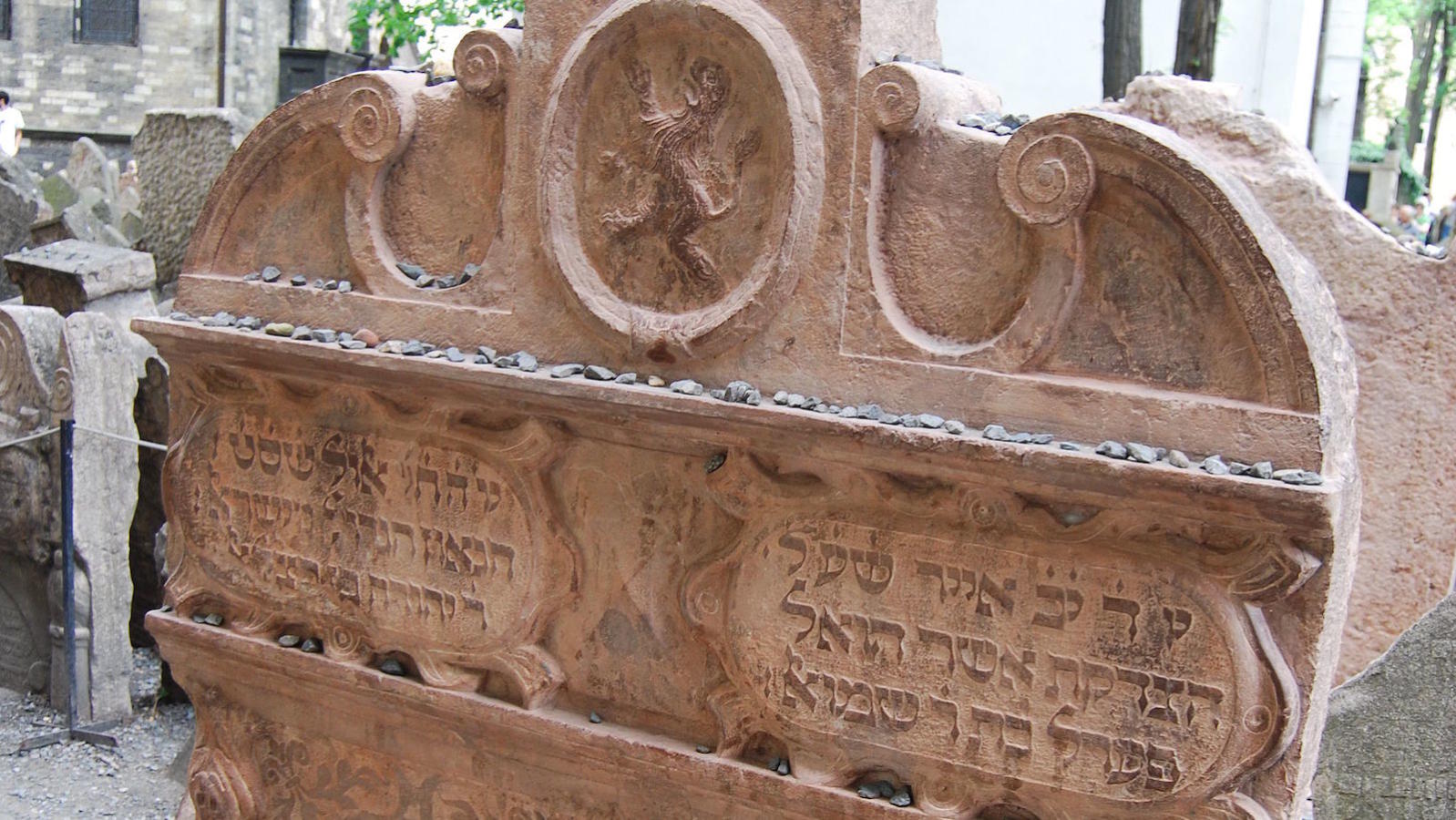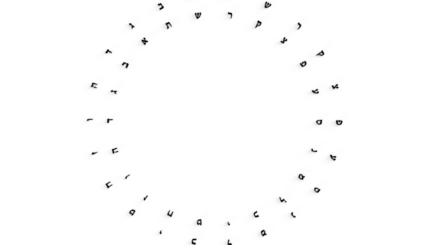Maharal of Prague is an acronym for Morenu Harav Rabbi Laib, ‘Our Teacher Rabbi Leow,’ who was a Talmudist, theologian, and Rabbi of Prague (d. 1609). It is unfortunate that the Maharal is known chiefly as the creator of the golem and that his grave is one of the tourist attractions in the city, since he was an original and influential thinker who deserves better than a reputation as a vulgar miracle worker.
Completing Creation
In his thought Maharal was influenced by the Renaissance and the emerging new scientific picture of the universe. A prominent theme in his writings is, consequently, the role of man in the creation.
Following Rabbinic teachings on this theme, the Maharal develops the idea that God created an incomplete universe which it is the task of humans to bring to completion. This applies even to the Torah, which is incomplete and requires to be applied by the sages of Israel through their deliberations.
The benediction recited before studying the Torah is: ‘Blessed art Thou who hath commanded us to busy ourselves with words of Torah.’ Why not simply, asks Maharal, ‘to study the Torah’? His reply is that to study the Torah implies that the complete truth of the Torah is readily available, so that all the student has to do is to study the given texts.
With your help, My Jewish Learning can provide endless opportunities for learning, connection and discovery.
This is not the case, since the student of the Torah is aware of the many problems, debates, and discussions on the meaning of the various texts. The student’s obligation is to be involved in the process. He has to busy himself with the words of the Torah, to engage in the constant quest for the truth.
Methodology & Philosophy
For this reason Maharal was opposed to the dialectic method, since this method involves basically no more than an ingenious manipulation of the texts when what is required is a sincere effort to arrive at what the texts are really saying and, above all, implying.
The Torah and, for that matter, the Talmudic literature, have an inner meaning which is in no way contrary to the new scientific picture of the universe. When, for instance, the Talmudic Rabbis say that an eclipse is caused by a failure to respect sages, they do not mean that this is the immediate cause of an eclipse. An eclipse is a natural phenomenon which can be calculated beforehand. The Rabbis are thinking rather of the cause of the cause, of why God created a world in which there are eclipses.
He created such a world, the Rabbis are saying, because the light of the Torah is eclipsed when sages are treated with disrespect.
Maharal was a staunch defender of the Jewish people, the custodians of the Torah. Against Christian charges that Jews are all too ready to engage in controversy and are often cantankerous, Maharal suggests that this is an indication of Jewish superiority. Men of small intellectual and spiritual calibre all too readily give in when their opinions are challenged. Great men fight for their strongly held opinions which they do not readily surrender. Only abject slaves obey their masters unquestioningly. Jews are princes, aristocrats of the spirit.
There is a strong mystical tinge to Maharal’s thought. He was obviously influenced by the Kabbalah but formulates his thought in such a way that his theories are presented in his own style without any direct reference to Kabbalistic terminology.
His presentation in his voluminous works is far from systematic and it is often difficult to see the wood for the trees. This probably accounts for the comparative neglect of this original thinker.
In the Przysucha school of Hasidism the writings of Maharal were highly regarded because they provided an unusual blend of both the mystical and the philosophical approaches to Judaism.
Reprinted from The Jewish Religion: A Companion, published by Oxford University Press.
Kabbalah
Pronounced: kah-bah-LAH, sometimes kuh-BAHL-uh, Origin: Hebrew, Jewish mysticism.
Torah
Pronunced: TORE-uh, Origin: Hebrew, the Five Books of Moses.



